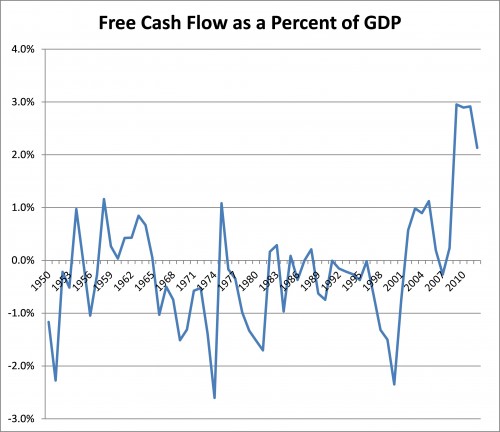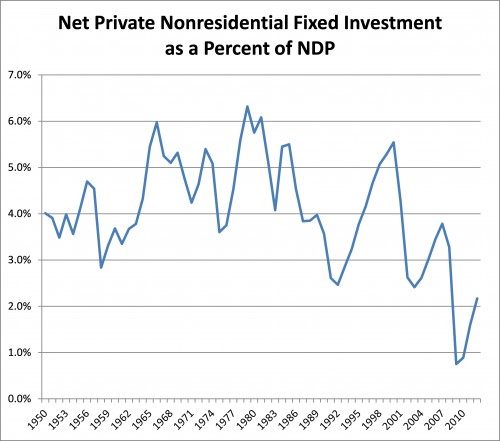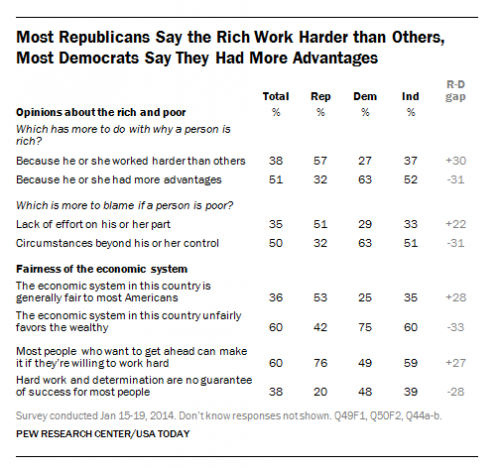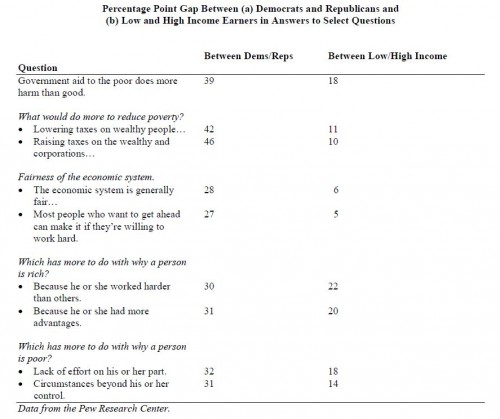SocImages News:
A proud father shared with us a letter written by his daughter, 7 year old Charlotte, to the LEGO company. She asked for for more female minifigs and more adventure for girls. We put the letter out on social media this week and it’s been re-tweeted over 1,000 times and shared over 3,000 times on Facebook. This is how social media can be used to put pressure on companies to change. Huzzah!
Well done Charlotte and big thanks to Dad!
Reader’s Picks of the Month:
- Teachers offered personal loans to buy school supplies (9,500 shares)
- A little theory of homophobia (4,600 shares)
- Creative resistance to sexually objectifying advertising (2,800 shares)
- What’s Ikea for? Cultural differences in appropriate behavior (2,200 shares)
- More similarities than differences in a study of race and fatherhood (1,900 shares)
- 40 years since women were granted the right to credit cards (1,200 shares)
- Pssssst. Martin Luther King, Jr. was a sociology major.
Social Media:
This is your monthly reminder that SocImages is on Twitter, Facebook,Tumblr, Google+, and Pinterest. I’m on Facebook and most of the team is on Twitter: @lisawade, @gwensharpnv, @familyunequal, and @jaylivingston.
In other news…
Stay warm New Orleans! I’m arriving on Monday and I expect you to be hospitable!
If you’re in the city, I’d love to get together! I’ll be there through Mardi Gras. Send an email to socimages@thesocietypages.org and I’ll be in touch!
Lisa Wade, PhD is an Associate Professor at Tulane University. She is the author of American Hookup, a book about college sexual culture; a textbook about gender; and a forthcoming introductory text: Terrible Magnificent Sociology. You can follow her on Twitter and Instagram.

























